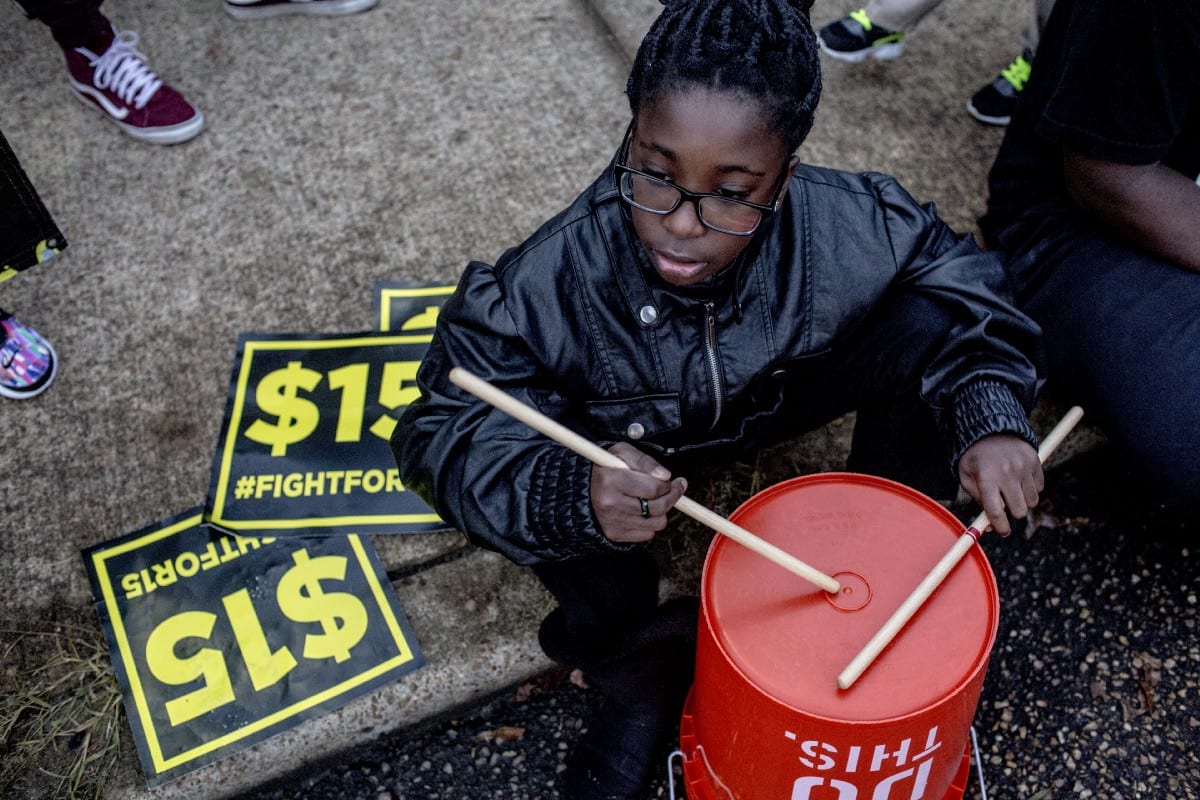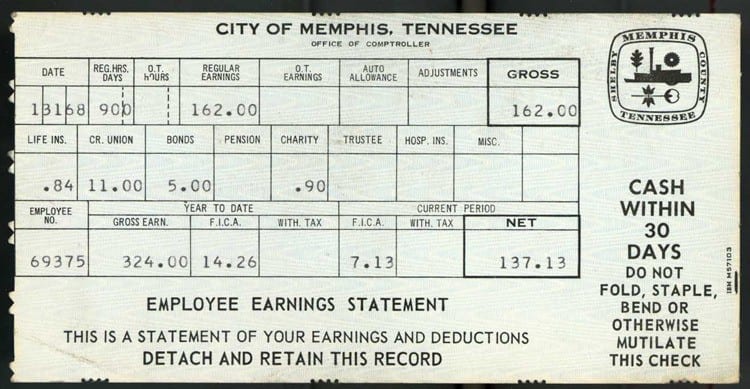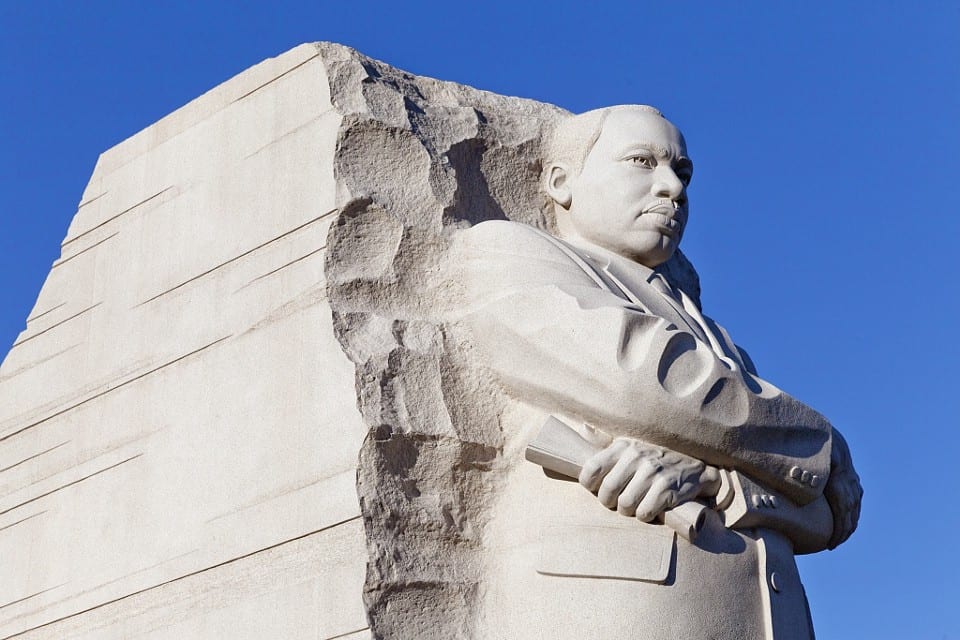
Reporting has a role to play in economic justice. We’re here to play that role.
Economic justice. That’s what brought Dr. Martin Luther King Jr. to Memphis in April 1968. If not for striking black sanitation workers, fed up with low pay and horrible working conditions, Dr. King wouldn’t have been here.
In 1968, the poverty rate for black Memphians was 60 percent. Today, the poverty rate for black children in Memphis is 47 percent. Does that qualify as progress? Perhaps, but not enough for me. If you’re reading this, it’s probably not enough for you.
In less than a year, the nation will mark the 50th anniversary of Dr. King’s assassination in this city. There is no place better than Memphis to examine what’s become of his sacrifice.
Here’s where we come in. MLK50: Justice Through Journalism is a nonprofit reporting project about economic justice. In the coming weeks and months, you’ll find stories, videos and some neat interactive graphics from our team on MLK50.com, on social media and in partner publications.
We’re focused on what Dr. King and his comrades focused on: Safe and affordable housing, thriving black businesses, criminal justice reform, good jobs with fair wages, racial equity and shared power.
Our reporting will be fair but we have a bias: Where the status quo doesn’t benefit the majority, it must be dismantled.

We won’t react to the news — we will respond to it. Putting our community in context takes time. Expect thoughtful, in-depth stories once a month — or more frequently if fundraising goes well.
We need your help
Here’s where YOU come in. We want you to help shape the coverage. Memphis-area residents, please take this survey here. Everyone else, send an email with your ideas to [email protected].
Journalism costs money to create. We’re relying on support from foundations and individual donations, which are tax-deductible through Community LIFT. You can give here. To retain our independence, we have no plans to accept advertising.
The need for quality journalism is greater now than ever. Since 1990, newspaper newsrooms have lost more than 24,000 journalists. On March 28, Memphis’ daily paper, owned by Gannett, laid off 20 journalists. The stories don’t go away, even when the jobs do.
We want to give a big thank you to our founding supporters, the Center for Community Change and the Justice and Poverty Project at Harvard University’s Kennedy School.
We’re proud to be in partnership with the National Civil Rights Museum as it begins its yearlong commemoration. Both MLK50: Justice Through Journalism and the museum’s programming begin April 4 and end on April 4, 2018.

And we’re looking forward to working on data-driven, interactive graphics with groups such as Code Crew, which teaches children of color to be innovators through computer science education.
There are dozens of Dr. King’s quotes that are relevant, but this one speaks to me in this moment. (Replace ‘Negroes’ with African-Americans or people of color.)
“The Negroes’ problem cannot be solved unless the whole of American society takes a new turn toward greater economic justice,” Dr. King wrote in his last book, “Where Do We Go From Here: Chaos or Community?”
Our community needs to take a turn. MLK50 wants to help steer the conversation about our future toward justice and equity.
Join us in the journey.
Here’s how you can help:
- Create: Do you want to write for us? Take photos? Got an essay to share? We’ve got a team lined up, but we can always use more reporters, photographers, opinion writers, designers and data editors. Send an email to [email protected].
- Ideas: What should we be writing about? Got a tip that connects to the themes of economic justice? Shoot us a note. All tips will be kept confidential.
- Spread the word: Follow us on Facebook and on Twitter at @MLK50Memphis.
- Donate: Donations are tax-deductible through Community LIFT. Give online here.
This article first appeared on MLK50: Justice Through Journalism.
